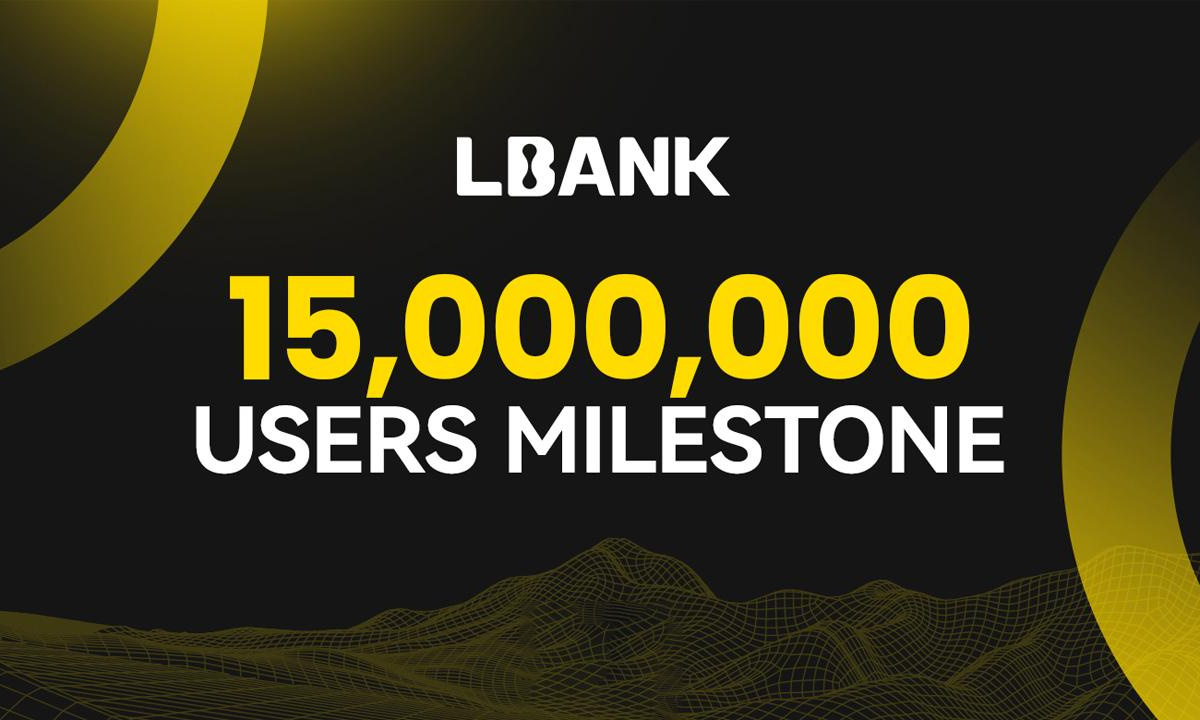ARTICLE AD
The Ethereum co-founder reiterated that airdrops are designed to incentivize community members, not crypto farmers. They are a means of rewarding community members’ contributions to the project and also serve as a strategy to be reasonably egalitarian.
Owing to the recent controversy surrounding airdrops, Ethereum (ETH) co-founder Vitalik Buterin has suggested using crypto identity solutions to boost privacy. Crypto airdrops are generally known to put billions of dollars of value in the hands of active users in an ecosystem. However, these airdrops come with some setbacks.
Farmers Cheat Real Users of Project Airdrops
As a means of overriding the system, several participants of airdrop distribution usually engage multiple accounts to “farm” the tokens ahead of their official launch. This typically pushes many projects to become more strict with their token distribution, with some leveraging on-chain analytics to flush out such airdrop farmers.
This solution came with some drawbacks. Real users became affected by the flushing-out process, which brought more controversy to airdrop distributions. Unfortunately, such a bad airdrop outlook could dent the reputation of any project. Little wonder the Telegram-based game Hamster Kombat integrated keys to its upcoming airdrop.
The Ethereum co-founder thinks his suggestion is a good solution to salvage the situation.
“Airdrops are a fascinating initial use case for ZK / blockchain-based identity/credential/attestation frameworks,” he noted on X, referring to zero-knowledge proof technology.
These solutions significantly offer the ability to use cryptographic proofs to boost privacy. The Ethereum co-founder reiterated that airdrops are designed to incentivize community members, not crypto farmers. They are a means of rewarding community members’ contributions to the project and also serve as a strategy to be reasonably egalitarian.
Buterin explained:
“These are exactly the properties that identity/credential/attestation frameworks are trying to achieve. Hence, for anyone building such frameworks, it makes perfect sense to use token issuance as an initial use case to beta-test and refine their work in an adversarial environment.”
Tokens Could Be Sold at Discounted Rates
About the biggest hurdles to this approach, the crypto innovator added that he does not believe one solution exists.
“I think it’s a multi-factor thing that will have to evolve over time. It’s an inherently hard problem, but it’s a super rewarding one, because if we solve it, that solution could naturally be exported to much better reward all kinds of currently uncompensated work in our economy across all of humanity,” he said.
The Ethereum co-founder thinks tokens should only sometimes be given out for free. Discounted sales could be an alternative to such airdrop distribution. In this case, any project could weigh a community member’s contribution to determine how much discount he is eligible for and the number of tokens that he can buy.
Aside from these concerns, there is also a growing occurrence of fake airdrops from scammers who disguise themselves as top projects. Only last week, crypto data aggregator CoinGecko warned crypto users about fake airdrops. The aggregator informed users to stay vigilant and verify all information before clicking.
Disclaimer: Coinspeaker is committed to providing unbiased and transparent reporting. This article aims to deliver accurate and timely information but should not be taken as financial or investment advice. Since market conditions can change rapidly, we encourage you to verify information on your own and consult with a professional before making any decisions based on this content.
Cryptocurrency News, Ethereum News, News

Benjamin Godfrey is a blockchain enthusiast and journalist who relishes writing about the real life applications of blockchain technology and innovations to drive general acceptance and worldwide integration of the emerging technology. His desire to educate people about cryptocurrencies inspires his contributions to renowned blockchain media and sites.


 3 months ago
20
3 months ago
20 

